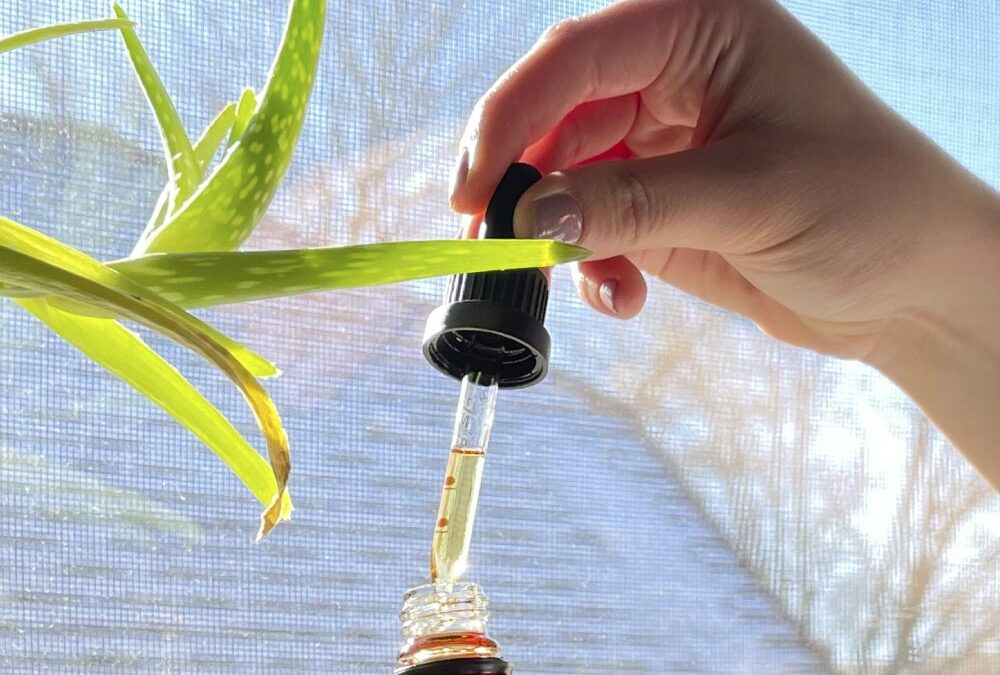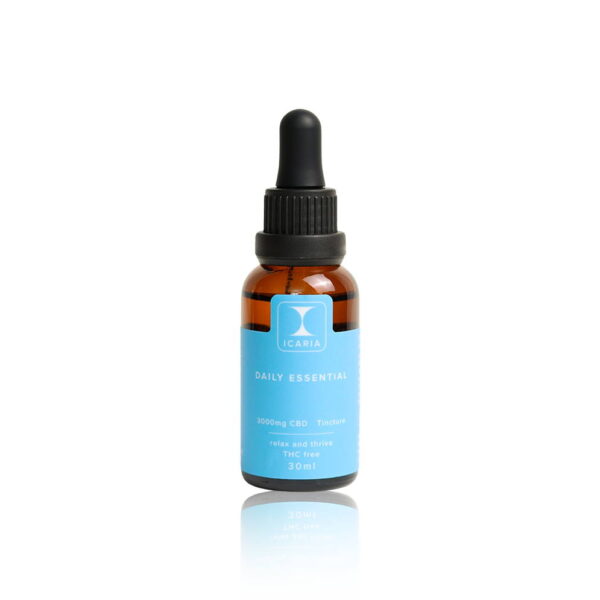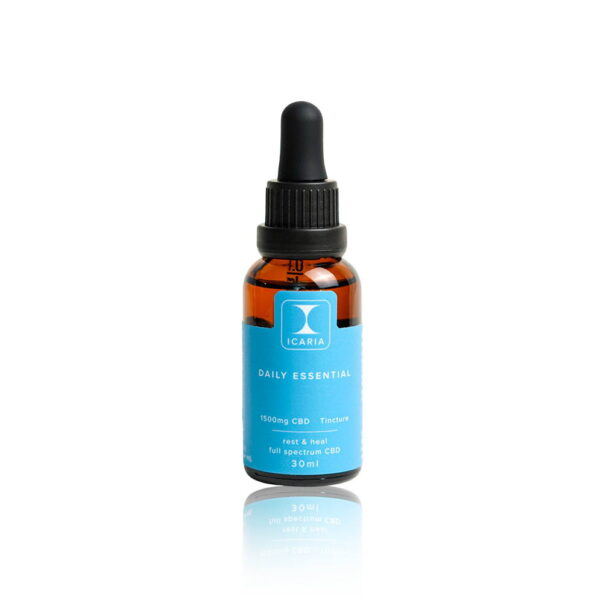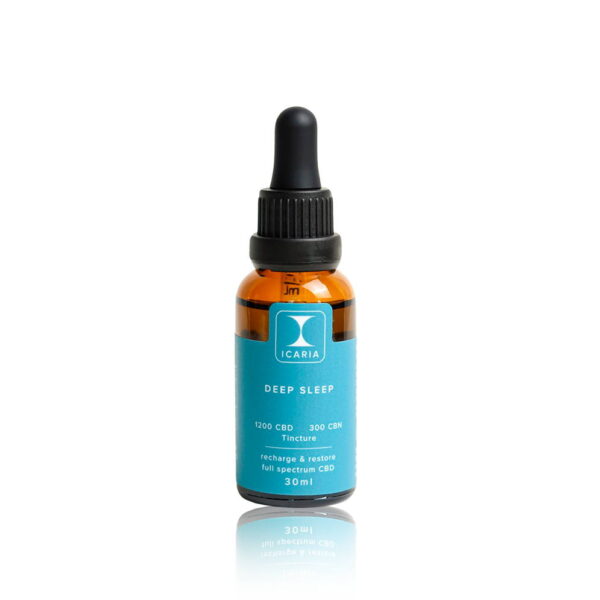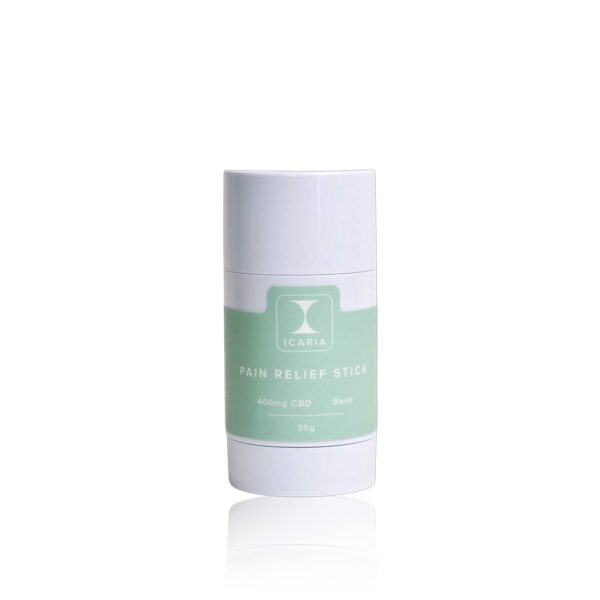In recent years, CBD oil has gained immense popularity for its potential health benefits. However, some skeptics label it as “snake oil,” questioning its efficacy and safety. This blog post will delve into the truth behind these claims, examining whether CBD is just snake oil or if it holds genuine potential for wellness.
What is “Snake Oil”?
The term “snake oil” has a long history, originally referring to fraudulent medical products sold by charlatans in the 19th century. These “cures” were often marketed as miracle remedies for various ailments but were usually ineffective and sometimes harmful. The phrase has since evolved to describe any product with exaggerated or false claims of benefits, particularly in the health and wellness industry.
Snake oil salesmen were notorious for their persuasive marketing techniques, preying on vulnerable individuals seeking relief from chronic conditions. The products they sold typically lacked scientific validation, relying on anecdotal evidence and placebo effects. As a result, the term “snake oil” carries a heavy connotation of deceit and exploitation.
What is CBD Oil?
Cannabidiol (CBD) is a naturally occurring compound found in the cannabis plant. Unlike tetrahydrocannabinol (THC), another well-known cannabinoid, CBD does not produce psychoactive effects. Instead, it has been touted for its potential therapeutic properties, including anti-inflammatory, analgesic, and anxiolytic effects.
CBD oil is made by extracting CBD from the cannabis plant and diluting it with a carrier oil, such as coconut or hemp seed oil. It is available in various forms, including tinctures, capsules, edibles, and topical applications. As the wellness industry grows, so does the variety of CBD products, each claiming to offer different health benefits.
Snake Oil vs CBD Oil: Safety
One of the critical differences between snake oil and CBD oil lies in their safety profiles. Snake oil products were often unregulated, containing unknown ingredients that posed significant health risks. These concoctions could include toxic substances, leading to severe side effects and even death in some cases.
In contrast, CBD oil’s safety is supported by a growing body of research. While not entirely without risks, CBD is generally considered safe for most people. Common side effects may include fatigue, diarrhea, and changes in appetite or weight, but these are typically mild and manageable. Moreover, reputable CBD products undergo rigorous testing for purity and potency, ensuring they are free from contaminants such as heavy metals, pesticides, and harmful solvents.
Regulation also plays a crucial role in ensuring the safety of CBD products. In many countries, CBD oil is subject to stringent quality control standards, requiring manufacturers to provide third-party lab test results. This transparency allows consumers to verify the contents and quality of the product they are purchasing, significantly reducing the risk of encountering unsafe or ineffective products.
Snake Oil vs CBD Oil: Science-Backed Properties
One of the main criticisms labelling CBD as snake oil is the perceived lack of scientific evidence supporting its benefits. However, this perception is not entirely accurate. While the research on CBD is still in its early stages, numerous studies have shown promising results.
For example, a 2018 review published in the journal *Frontiers in Neurology* highlighted CBD’s potential as a treatment for epilepsy, particularly in reducing the frequency and severity of seizures in patients with treatment-resistant epilepsy. The U.S. Food and Drug Administration (FDA) has even approved a CBD-based medication, Epidiolex, for this purpose.
Additionally, research has suggested that CBD may have anti-inflammatory and analgesic properties, making it a potential option for managing chronic pain conditions. A 2020 study in the *Journal of Pain Research* found that CBD could help reduce pain and improve sleep in patients with chronic pain conditions, such as fibromyalgia.
Anxiety and depression are other areas where CBD shows promise. A 2019 study published in *The Permanente Journal* reported that CBD could reduce anxiety levels and improve sleep quality in patients with anxiety and sleep disorders. These findings are backed by animal studies and early human trials, indicating CBD’s potential as a therapeutic agent.
While more research is needed to fully understand CBD’s mechanisms and long-term effects, the existing evidence suggests that it is far from being mere snake oil. Instead, it represents a promising avenue for future therapeutic applications.
Snake Oil vs CBD Oil: Bioavailability
Bioavailability refers to the proportion of a substance that enters the bloodstream and is available for use by the body. In the context of snake oil, bioavailability was often negligible, as these products lacked any active ingredients that could provide therapeutic effects.
CBD oil, on the other hand, has varying degrees of bioavailability depending on the method of consumption. Sublingual tinctures, where the oil is placed under the tongue, typically offer higher bioavailability than oral capsules or edibles. This is because the sublingual method allows CBD to bypass the digestive system and enter the bloodstream directly.
Inhalation methods, such as vaping, also provide high bioavailability, with CBD entering the bloodstream through the lungs. Topical applications, like creams and balms, have lower systemic bioavailability but can be effective for localized relief.
To enhance CBD’s bioavailability, some products incorporate nanoemulsion or liposomal delivery systems, which improve the absorption rate of CBD in the body. These technological advancements further distinguish CBD oil from the ineffective snake oil remedies of the past.
Snake Oil vs CBD Oil: Veganism and Allergies
Snake oil products were often concocted without regard for dietary restrictions or allergies, potentially containing animal-derived ingredients or allergens that could cause adverse reactions in sensitive individuals.
In contrast, many CBD oil products cater to specific dietary needs and preferences. Vegan-friendly CBD products are widely available and formulated without any animal-derived ingredients. Additionally, reputable manufacturers prioritize allergen-free formulations, avoiding common allergens such as gluten, dairy, and soy.
Consumers can also find CBD products tailored to specific wellness needs, such as organic, non-GMO, and cruelty-free options. This attention to inclusivity and safety further sets CBD oil apart from the dubious snake oil products of the past.
Conclusion
So, is CBD just snake oil? The evidence suggests otherwise. While CBD is not a miracle cure, it is far from the fraudulent remedies that define snake oil. Supported by emerging scientific research, stringent safety standards, and a focus on consumer well-being, CBD oil represents a legitimate option for those seeking natural wellness solutions.
As with any supplement, it’s essential to approach CBD with realistic expectations and consult with a healthcare professional before starting any new regimen. By staying informed and choosing reputable products, consumers can harness the potential benefits of CBD without falling prey to the pitfalls of snake oil.
In summary, while some may still view CBD as snake oil, the growing body of evidence and regulatory oversight tells a different story. CBD oil, when used responsibly, offers a promising avenue for enhancing health and well-being.



